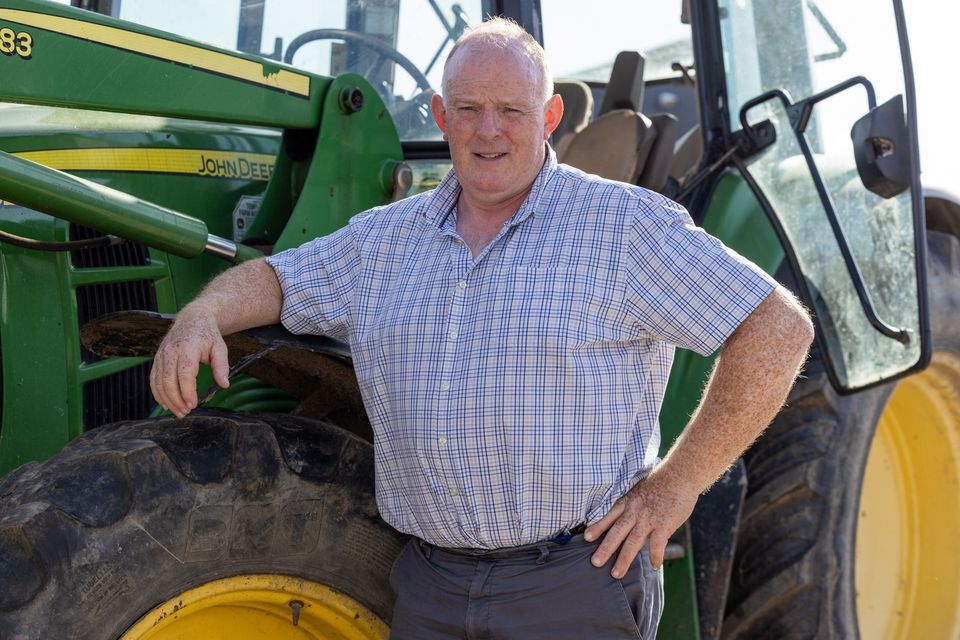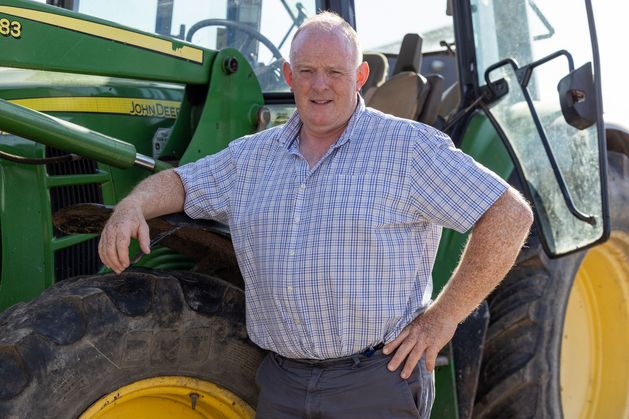Farm organisation says keeping families in the locality is crucial for future of rural Ireland
He said the issue of once-off rural housing has been raised at most agricultural shows he’s attended this summer.
“It’s unacceptable that you can have people get planning permission for holiday homes in certain parts of the country, and young people who were born in those areas are struggling to get planning permission,” he said.
Gorman believes rural communities depend on local people being able to live and settle where they’re from, whether they farm or not.
“They are there then to support the churches, schools, GAA clubs, sports clubs, farm organisations or whatever you want to be in,” he said. “If we don’t have people living in rural Ireland, we’re not going to have a vibrant rural Ireland.”
When asked whether he believes this means every field should have a house, he said: “No, but if we want to keep the next generation home farming, the first thing they’ve got to be able to do is live in that area.”
He thinks people being housed in villages isn’t practical. “No, you can’t farm and live in a village, it doesn’t work. They need to be living on the farm.”
Gorman said the IFA has engaged with the GAA on the issue and it’s becoming a significant stumbling block in keeping rural Ireland alive.

Francie Gorman believes rural communities depend on local people being able to live and settle where they’re from, whether they farm or not. Photo: Alf Harvey
Today’s News in 90 seconds – 12th August 2025
As for his wider goals over the next two years, he is focused on three key priorities: protecting the Nitrates Derogation, securing a CAP deal that puts food production front and centre, and helping the next generation return home to farm.
But he stresses it’s not just about schemes and payments.
“It’s a combination of being able to live in rural areas and seeing that the infrastructure is there for them to work from home and make a living from farming, whether it’s full- or part-time.”
It comes as the the incoming President of the Society of Chartered Surveyors of Ireland (SCSI) said in June that planning for rural one-off houses should only be allowed in cases where there is evidence of a strong housing need, such as strong ties with agriculture.
In a pre-budget submission the SCSI argues for a new rural housing plan with greater emphasis on clustered housing and planning guidelines that transition away from so-called ‘ribbon development’, where homes are strung out along rural roads.
The SCSI is proposing what would effectively be country-by-county caps on rural one-off homes. It says planning authorities should compile data to identify the number of planning permissions granted for single houses in both ribbon or cluster development and government should consider implementing a maximum threshold of ribbon development permissions for each county.
The call, fronted by SCSI president Gerard O’Toole who is an estate agents in Westport, Co Mayo, echoes long-standing concerns that rural housing is harder to service for utilities including power, water, broadband and public transport.
However, any effort to further limit access to often owner-built one-off homes will face challenges at a time when alternatives built by developers or state bodies are failing dramatically to keep up with demand.

